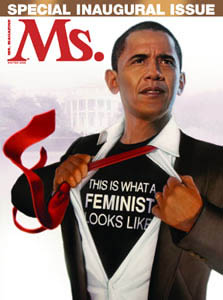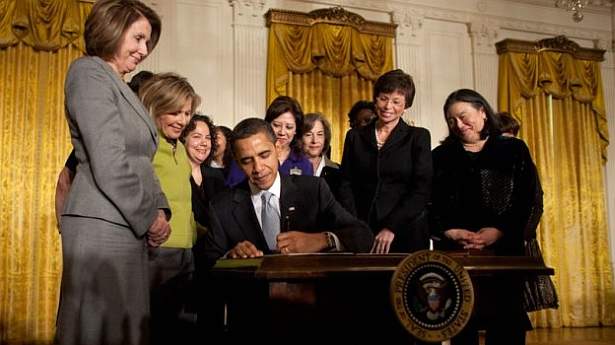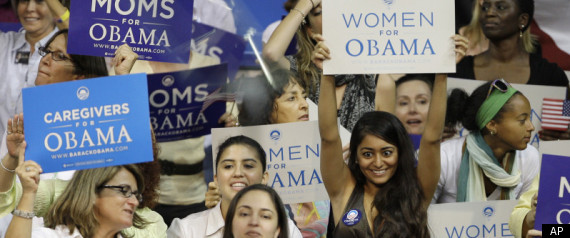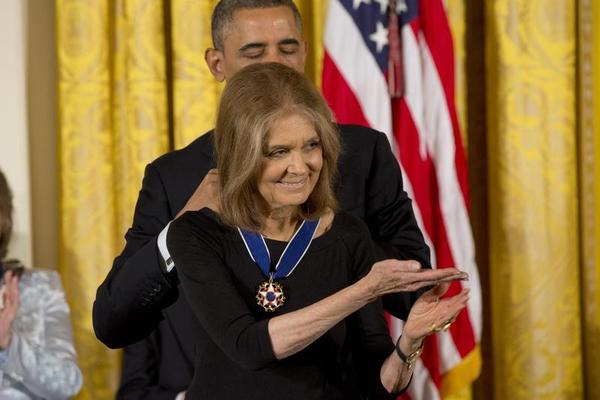“Gynarchy refers to government by women, or women-centered government.”
~Cassandra Langer
In his groundbreaking work The Myth of Male Power, Warren Farrell explains how men have traditionally striven to institute women-centered government by acting as women’s proxy agents in the political sphere. This behaviour, explains Farrell, is based on the chivalrous tradition of male servicing of women’s needs. The following are passages from Farrell’s book explaining how gynarchy by proxy works:
“Doesn’t the fact that almost all legislators are men prove that men are in charge and can choose when to and when not to look out for women’s interests? Theoretically, yes. But practically speaking the American legal system cannot be separated from the voter. And in the 1992 Presidential election , 54 percent of the voters were female, 46 percent were male. (Women’s votes outnumber men’s by more than 7 million). Overall, a legislator is to a voter what a chauffeur is to the employer – both look like they’re in charge but both can be fired if they don’t go where they’re told. When legislators do not appear to be protecting women, it is almost always because women differ on what constitutes protection. (For example, women voted almost equally for Republicans and Democrats during the combination of the four presidential elections prior to Clinton).
“The Government as Substitute Husband did for women what labor unions still have not accomplished for men. And men pay dues for labor unions; the taxpayer pays the dues for feminism. Feminism and government soon become taxpayer-supported women’s unions. The political parties have become like two parents in a custody battle, each vying for their daughter’s love by promising to do the most for her. How destructive to women is this? We have restricted humans from giving “free” food to bears and dolphins because we know that such feeding would make them dependent and lead to their extinction. But when it comes to our own species, we have difficulty seeing the connection between short-term kindness and long-term cruelty: we give women money to have more children, making them more dependent with each child and discouraging them from developing the tools to fend for themselves. The real discrimination against women, then, is “free feeding.”
Ironically, when political parties or parents compete for females’ love by competing to give it, the result is not gratitude but entitlement. And the result should not be gratitude, because the political party, like the needy parent, becomes unconsciously dependent on keeping the female dependent. Which turns the female into “the other” — the person given to, not the equal participant. In the process, it fails to do what is every parent’s and every political party’s job — to raise an adult, not maintain a child.
 But here’s the rub. When the entitled child has the majority of the votes, the issue is no longer whether we have a patriarchy or a matriarchy — we get a victimarchy. And the female-as-child genuinely feels like a victim because she never learns how to obtain for herself everything she learns to expect. Well, she learns how to obtain it for herself by saying “it’s a woman’s right” — but she doesn’t feel the mastery that comes with a lifetime of doing it for herself. And even when a quota includes her in the decision-making process, she still feels angry at the “male dominated government” because she feels both the condescension of being given “equality” and the contradiction of being given equality. She is still “the other.” So, with the majority of the votes, she is both controlling the system and angry at the system.”
But here’s the rub. When the entitled child has the majority of the votes, the issue is no longer whether we have a patriarchy or a matriarchy — we get a victimarchy. And the female-as-child genuinely feels like a victim because she never learns how to obtain for herself everything she learns to expect. Well, she learns how to obtain it for herself by saying “it’s a woman’s right” — but she doesn’t feel the mastery that comes with a lifetime of doing it for herself. And even when a quota includes her in the decision-making process, she still feels angry at the “male dominated government” because she feels both the condescension of being given “equality” and the contradiction of being given equality. She is still “the other.” So, with the majority of the votes, she is both controlling the system and angry at the system.”
Gynarchy in the home and family:
“When we say we lived in a patriarchy, we think of living under a male dominated government or power structure. We forget that the family had at least as much power as the government in people’s everyday life, and that the family was female dominated. We forget that it too was a power structure. As we have seen, though, almost every woman had a primary role in the female-dominated family structure; only a small percentage of men had a primary role in the male-dominated governmental and religious structures. Although a man’s home was more likely to be his mortgage than his castle, it has always been a characteristic of men that they give lip service to their dominance even as another part of them is aware of their subservience…”



